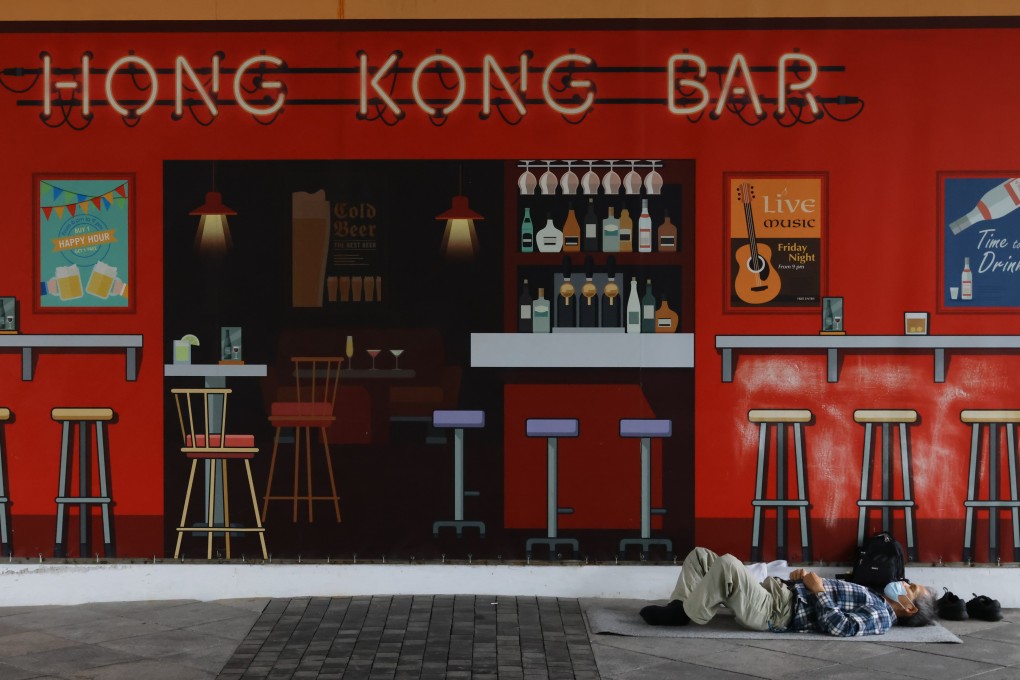Advertisement
Letters | Let the music play: time to lift ban on live performances in bars and restaurants
- Readers criticise the ban on small live acts, suggest that policy on ambulances be reviewed, and call for government action on climate change
Reading Time:3 minutes
Why you can trust SCMP
6

Feel strongly about these letters, or any other aspects of the news? Share your views by emailing us your Letter to the Editor at [email protected] or filling in this Google form. Submissions should not exceed 400 words, and must include your full name and address, plus a phone number for verification.
As we return to normalcy, signs of city life are reappearing. Restaurants are bustling. Bars are full. Even clubs are packed with people dancing the night away.
Yet many performances remain banned. Musicians, comedians and dancers are all still under strict social distancing rules that ban live performances at catering establishments or, indeed, any venue where food and drinks are allowed. These are the same venues that make money from having performances, and where performers get regularly paid the most.
Advertisement
Officers from the Food and Environmental Hygiene Department are regularly checking the venues too. They stop by music and comedy hotspots or call in warning about having shows. Some have been raided. Some have been cancelled.
Yet from a policy standpoint, none of this makes sense. How is it that a band in a bar is not allowed but a DJ at a restaurant is? Someone can’t tell jokes on a stage but you are allowed an MC on quiz night?
If we already have to make sure that everyone is vaccinated and are scanning codes for entry and doing RAT tests, why are performers still being strangled? I have yet to hear a single scientific argument for why these policies are in place; there was a cluster of infections involving musicians who performed in bars but that was more than two years ago.
Advertisement
Select Voice
Select Speed
1.00x
